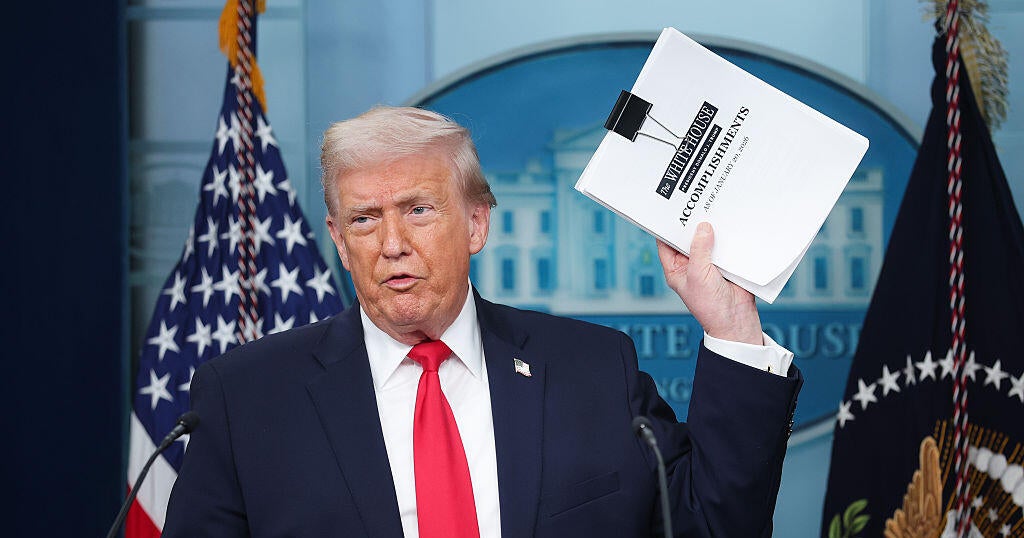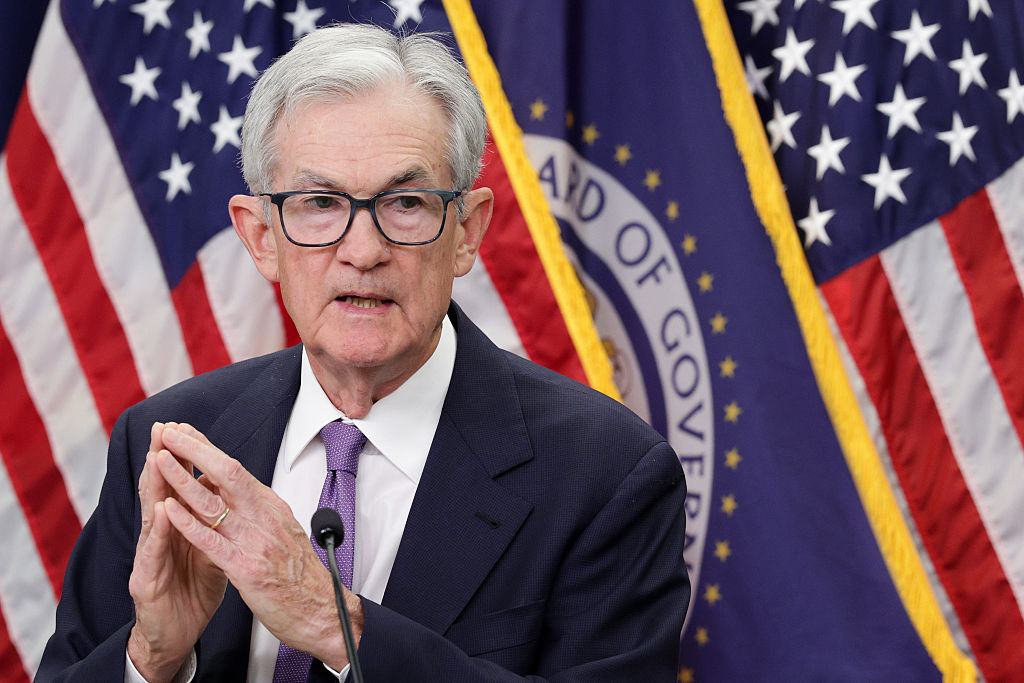Trump appeals judge's ruling requiring Pence to testify in Jan. 6 probe
Washington – Former President Donald Trump is appealing a ruling that rejected his claims of executive privilege and compelled former Vice President Mike Pence to answer questions before a grand jury investigating efforts to overturn the 2020 election, multiple sources confirm to CBS News.
The appeal, filed Monday in federal court in Washington, D.C., targets a sealed March ruling by Chief Judge James Boasberg, who rejected Trump's argument that his former vice president should be shielded from testifying about his interactions with Trump during the final weeks of administration.
Grand jury testimony and related proceedings happen in secret and are shielded from the public by federal law, but an unspecified appeal of a grand jury matter from Boasberg's court appeared on the federal docket on Monday.
News of the appeal was first reported by Bloomberg.
Pence was subpoenaed by special counsel Jack Smith in February. Federal prosecutors have sought to question the former vice president about the events surrounding the Jan. 6, 2021, attack on the Capitol.
Both Pence and Trump mounted separate legal efforts to quash the subpoena. The chief judge mostly rejected those attempts, dismissing Trump's claims of executive privilege and ruling that Pence must testify about any potential illegality committed by Trump.
Boasberg instituted certain guardrails on Pence's testimony, shielding him from questions about his role as president of the Senate on Jan. 6, when he presided over the counting of electoral votes. Pence's legal team argued that he was a member of the legislative branch and immune from testifying about congressional proceedings under a provision in the Constitution known as the Speech or Debate Clause. Last week, the former vice president said he would not appeal Boasberg's ruling.
"The Court's landmark and historic ruling affirmed for the first time in history that the Speech or Debate Clause extends to the Vice President of the United States," Pence's spokesperson said. "Having vindicated that principle of the Constitution, Vice President Pence will not appeal the Judge's ruling and will comply with the subpoena as required by law."
Trump's appeal on Monday presents another roadblock for prosecutors to get Pence into the sealed grand jury room to answer questions. However, appeals court panels have rejected similar requests by Trump's legal team to stay the testimony of close Trump aides, like former chief of staff Mark Meadows and attorney Evan Corcoran, as the longer appeals process plays out. In those instances, the district court's orders compelling their testimony were upheld even as litigation continues. There is no indication that a stay on Pence's testimony has been requested.
A spokesman for the special counsel's office declined to comment.
Smith's team is conducting dual investigations into actions Trump took at the end of his administration. One probe is examining his conduct around the 2020 presidential election and another is focused on the potential mishandling of documents with classified markings and on obstruction.
The former president has consistently denied wrongdoing and labeled Smith's investigation as politically motivated. Attorney General Merrick Garland said he appointed Smith as special counsel to remove any potential for political influence in the probes. Trump's entry in the 2024 presidential primary race — where he could face President Biden in the general election — weighed heavily on Garland's decision to appoint the special counsel last November, he said at the time.
A spokesperson for Trump claimed on Monday that the Justice Department is "continuously stepping far outside the standard norms in attempting to destroy the long accepted, long-held, Constitutionally based standards of attorney-client privilege and executive privilege." The spokesperson said in a statement that the special counsel probe is a "witch-hunt" seeking to "violate every Constitutional norm, including the safeguards that protect a President's ability to confer with his Vice President on matters of the security of the United States."





